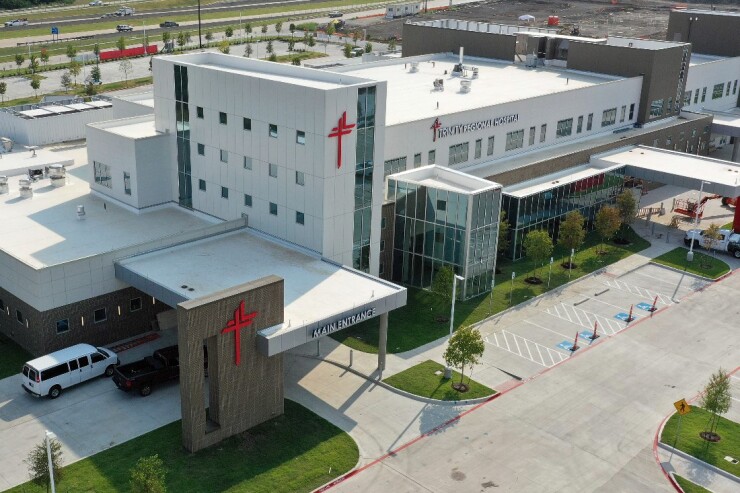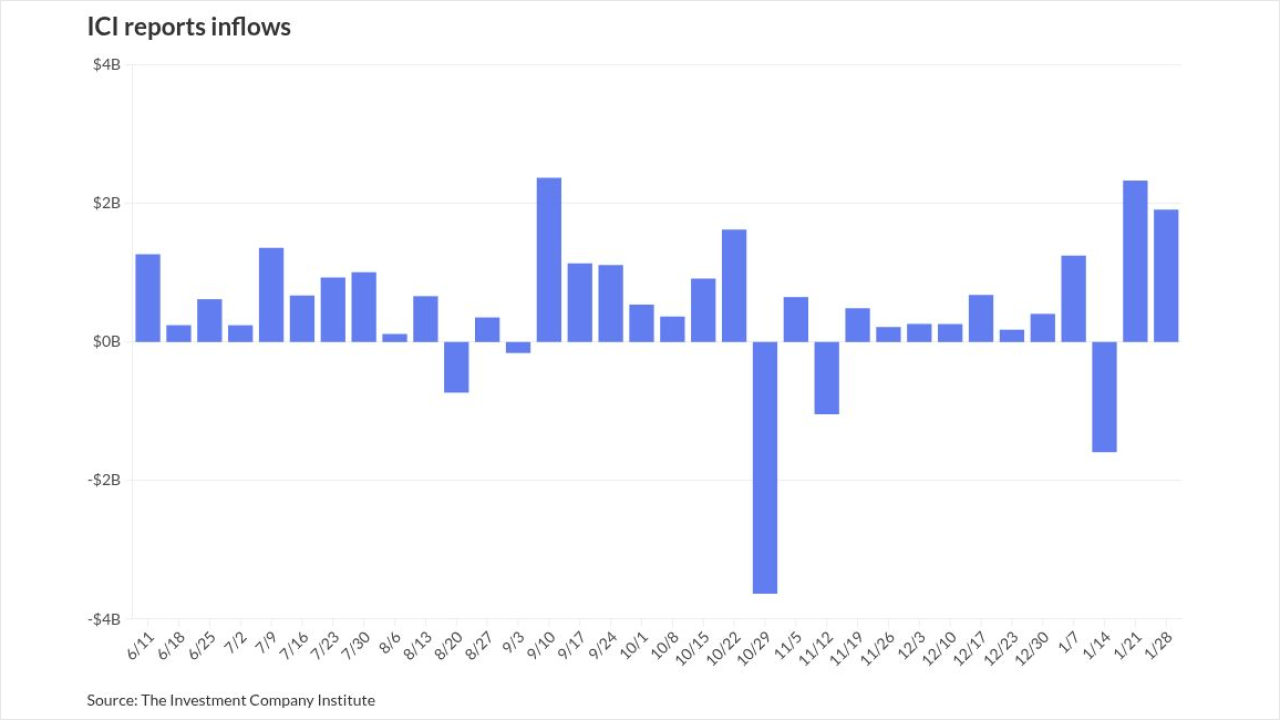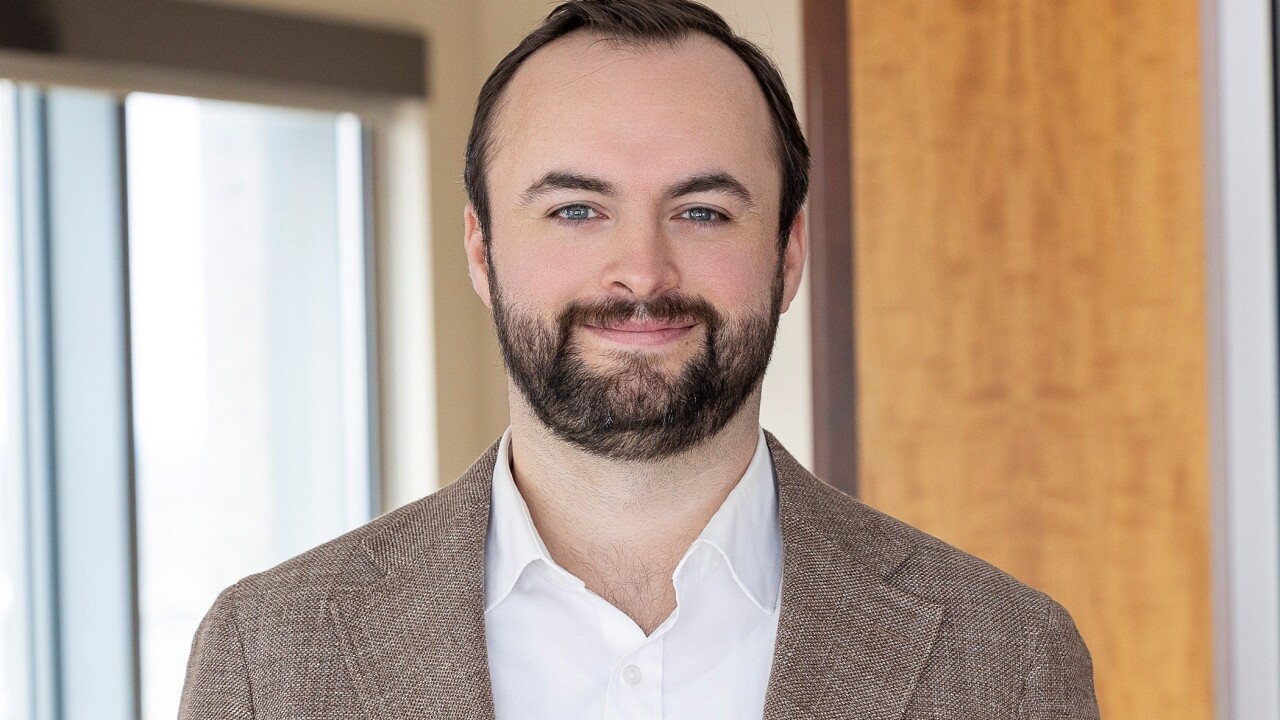A bankrupt, bond-financed Texas hospital that opened for business in November 2021 will obtain $2.7 million for operating and other expenses under a federal judge's interim order issued late last week.
Sunland Medical Foundation, the nonprofit parent organization of Trinity Regional Hospital Sachse, is also seeking additional debtor-in-possession financing in an aggregate amount of up to $14 million subject to a final order, which will be taken up at a Sept. 18 hearing before Northern District of Texas U.S. Bankruptcy Court Judge Michelle Larson.
Her interim order concluded that without its granting of relief, "the debtors' estates, patients, and creditors would suffer immediate and irreparable harm."

The order also laid out milestones for a potential sale of the facility.
The 32-bed hospital northeast of Dallas was initially financed with $67.57 million of unrated revenue bonds sold through the Public Finance Authority in 2020. It
In addition to capital shortfalls, the hospital's opening was postponed as a result of construction, equipping, and licensing delays and its intensive care unit had to be renovated due to improper construction. Once opened, patient volume fell below estimates.
"This caused the hospital to underperform to its financial projections and fail to generate sufficient revenue to make debt-service payments or cover its operating expenses," according to a declaration filed in court from Jonathan Nash, Sunland's chief restructuring officer.
Even without making debt service payments, the hospital is expected to be cash-flow negative unless it can consummate a comprehensive restructuring, the declaration added.
Hospitals, which continue to struggle with high labor expenses, were included in a recent BofA Global Research report on a municipal sectors most-likely-to-default list along with nursing homes and student housing.
Money to cover Trinity's operations and maintenance, as well as bankruptcy court costs, would come from the issuance of $2.7 million of DIP notes to be purchased by Principal Street Partners and Aberdeen Standard Investments, both of which own some of the 2020 bonds, according to the interim order.
The judge's final order could include a so-called "roll-up" under which their share of outstanding bonds would be added to the DIP debt they purchase. The combined debt would be given payment priority over Trinity's other 2020 bonds.
While a complete list of Trinity's assets and liabilities is due to be filed by Sept. 28, Nash's declaration cited secured debt obligations of $89.57 million, including the total par amount of the 2020 bonds, and $10 million in bond trustee advance obligations.
When the deal was priced in 2020, tax-exempt bonds





